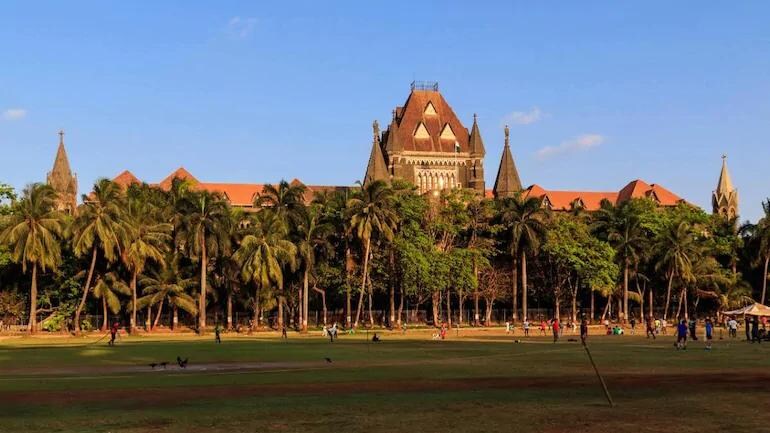New Delhi: Quashing a case of cruelty that was filed against a man by his wife, the Bombay high court said that if a married lady is asked to do household work for the family, it cannot be said that she is treated “like a maid servant”.
The court was hearing an application by the husband and his parents seeking that proceedings against them are quashed. A first information report was filed against the trio in September 2020, around nine months after the marriage, alleging that they hounded the woman for money to purchase a car, harassed her mentally and physically and treated her like a maid servant.
Examining the evidence, the bench of Justices Rajesh S. Patil and Vibha Kankanwadi found that there was no merit to the woman’s allegations. The evidence showed that the man had purchased a car worth nearly Rs 18 lakh in February 2020, just months after the marriage. The judges said that therefore there was no question of demanding Rs 4 lakh from the woman for the same purpose.
According to LiveLaw, the court said that though the FIR – is supported “in stereotype way” by her parents and other relatives – says that she was treated properly for about a month and then “like a maid servant”, there are no details of what this meant. The judges added:
“If a married lady is asked to do household work definitely for the purpose of the family, it cannot be said that it is like a maid servant. If she had no wish to do her household activities, then she ought to have told it either prior to the marriage so that the bride-groom can rethink about the marriage itself or if it is after marriage, then such problem ought to have been sorted out earlier.”
Justice Patil and Kankanwadi said that the mere use of the word harassment “mentally and physically” is not sufficient to attract ingredients of Section 498(A) of the Indian Penal Code (IPC) [husband or relative of husband of a woman subjecting her to cruelty]. “Unless those acts are described it cannot be concluded that whether those acts amounted to harassment or subjecting a person to cruelty,” they said. They added that when such “omnibus allegations” are made, it does not attract the ingredients of Section 498(A) of the IPC.
The judges also said that while the husband had provided evidence to show that his wife, during her previous marriage, had filed similar complaints and applications, “that does not mean that she is in a habit of levelling such allegations and extracting money”. Such claims have to be proved, they said,
However, they said the allegations made against the husband does not have the backing of sufficient evidence, even at the prima facie stage to attract offences punishable under Section 498(A) of the IPC. The court said that it would be a “futile exercise” to ask the applicants to face trial and quashed the FIR.
This article was first published on The Wire.
Featured image: PTI

